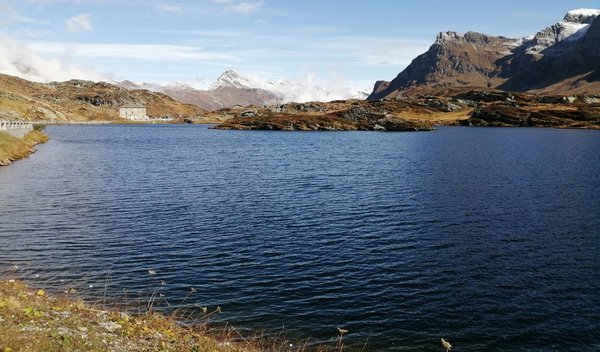- Share this article
- Subscribe to our newsletter
New tool shows data on freshwater ecosystems
The new online tool Freshwater Ecosystems Explorer aims to ease national reporting on freshwater ecosystems, the United Nations Environment Programme (UNEP) reported at its website in July 2020. The Freshwater Ecosystems Explorer will allow governments – despite limited movement in many countries due to COVID-19 – to continue to meet their national environmental reporting obligations and stay on track to preserve and restore a healthy environment.
The tool was developed in April 2020 for the SDG6 global data drive by UNEP in partnership with Google and the European Commission’s (EC) Joint Research Centre (JRC). It is a free and easy-to-use data platform providing up-to-date, high-resolution geospatial data showing the extent to which freshwater ecosystems change over time. The site contains water datasets through which users can visualise dynamic changes to permanent and seasonal surface water, reservoirs, lake water quality, wetlands and mangroves.
Fresh water, in sufficient quantity and quality, is essential for all aspects of life and fundamental to sustainable development. Water-related ecosystems, including lakes, rivers, wetlands and groundwater, supply water and food to billions of people, provide unique habitats for many plants and animals and protect us from droughts and floods. These ecosystems harbour exceptional biodiversity, hosting 40 per cent of all plant and animal species, including more fish species than have been found in the world’s oceans.
Because decisions on freshwater are made by varying levels of government (national and sub-national government authorities), data on the Freshwater Ecosystems Explorer can also be visualised at different scales, from the national scale right down to small, individual watersheds and lakes.
UNEP is the UN entity mandated to support countries with monitoring and reporting SDG indicator 6.6.1, which tracks changes to water-related ecosystems over time. In 2017, following UNEP's request to all member states to provide national SDG indicator 6.6.1 data for the first time, this global data drive process revealed that less than 20 per cent of member states were able to report on the changing extent of their freshwater ecosystems. The freshwater ecosystem explorer was conceived in response to this gap.
Author: (UNEP/ile)
Read more at UNEP website
Visit the Freshwater Ecosystems Explorer





Add a comment
Be the First to Comment